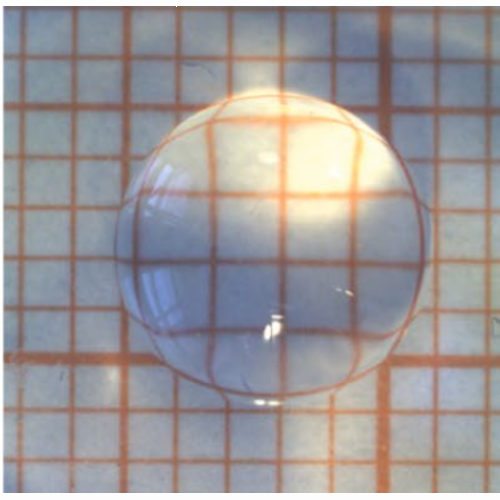Defined Geldrop Cultures Maintain Neural Precursor Cells.
Distinct micro-environmental properties have been reported to be essential for maintenance of neural precursor cells (NPCs) within the adult brain. Due to high complexity and technical limitations, the natural niche can barely be studied systematically in vivo. By reconstituting selected environmental properties (adhesiveness, proteolytic degradability, and elasticity) in geldrop cultures, we show that NPCs can be maintained stably at high density over an extended period of time (up to 8 days). In both conventional systems, neurospheres and monolayer cultures, they would expand and (in the case of neurospheres) differentiate rapidly. Further, we report a critical dualism between matrix adhesiveness and degradability. Only if both features are functional NPCs stay proliferative. Lastly, Rho-associated protein kinase was identified as part of a pivotal intracellular signaling cascade controlling cell morphology in response to environmental cues inside geldrop cultures. Our findings demonstrate that simple manipulations of the microenvironment in vitro result in an important preservation of stemness features in the cultured precursor cells.
Back to list
